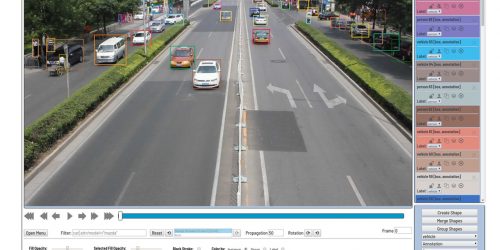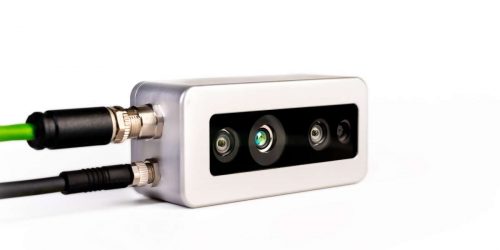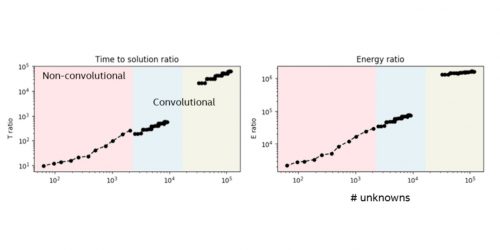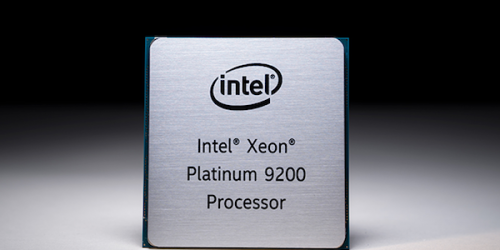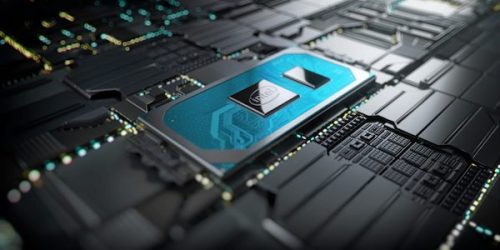Hollywood and the Ncam Mk2 Camera Bar with Intel® RealSense™ Technology
This blog post was originally published at Intel's website. It is reprinted here with the permission of Intel. In recent years, visual effects in movies and television have grown both more sophisticated and more ubiquitous. Audiences have grown used to elaborate environments and fantastical fight scenes, historical dramas and futuristic worlds. As audiences expect more, […]
Hollywood and the Ncam Mk2 Camera Bar with Intel® RealSense™ Technology Read More +


